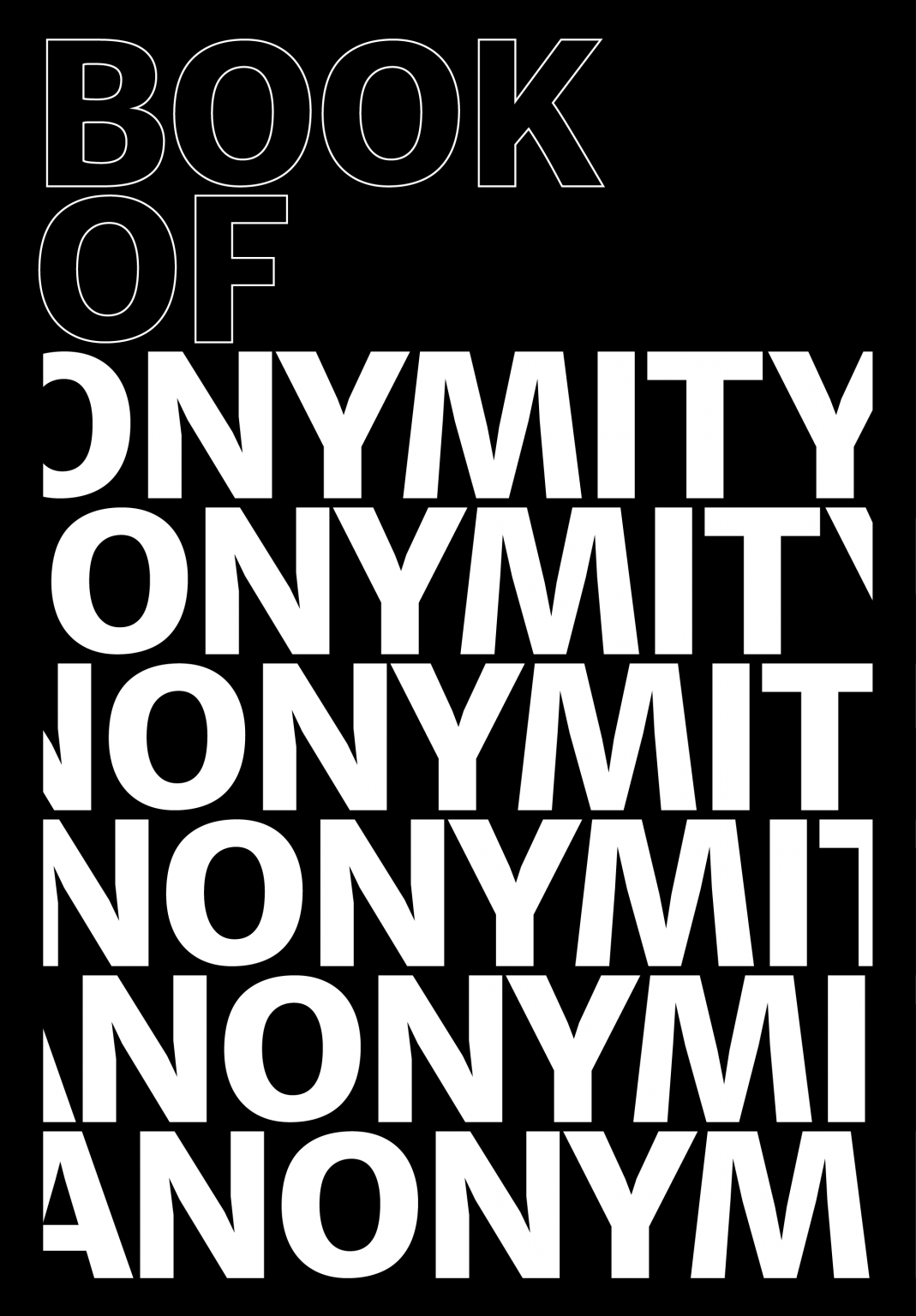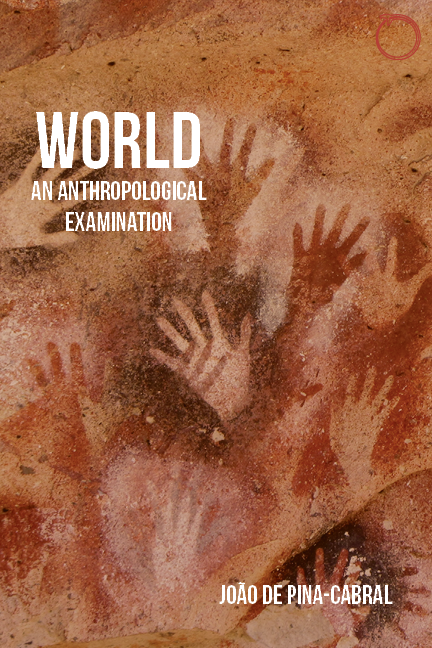Anon Collective (ed.): Book of Anonymity (2021)
Filed under book | Tags: · anonymity, anonymous, art and science, data, digital culture, personhood, privacy, security, surveillance, technology

“Anonymity is highly contested, marking the limits of civil liberties and legality. Digital technologies of communication, identification, and surveillance put anonymity to the test. They challenge how anonymity can be achieved, and dismantled. Everyday digital practices and claims for transparency shape the ways in which anonymity is desired, done, and undone.
The Book of Anonymity includes contributions by artists, anthropologists, sociologists, media scholars, and art historians. It features ethnographic research, conceptual work, and artistic practices conducted in France, Germany, India, Iran, Switzerland, the UK, and the US. From police to hacking cultures, from Bitcoin to sperm donation, from Yik-Yak to Amazon and IKEA, from DNA to Big Data — thirty essays address how the reconfiguration of anonymity transforms our concepts of privacy, property, self, kin, addiction, currency, and labor.” (from back cover)
Contributors: Anon, Götz Bachmann, Dwaipayan Banerjee, Solon Barocas, Aram Bartholl, Amelie Baumann, Vadim Bernard, Paula Bialski, Andreas Broeckmann, Heath Bunting, Martin De Bie, Bureau d’études, Jacob Copeman, Abigail Curlew, Stéphane Degoutin, Simon Farid, Parastou Forouhar, Randi Heinrichs, Anna Henke, Michi Knecht, knowbotiq, Gertraud Koch, Julien McHardy, Helen Nissenbaum, Gerald Raunig, RYBN.ORG, Daniela Silvestrin, Thorsten Thiel, Transformella, Daniël de Zeeuw, Nils Zurawski.
Publisher Punctum Books, March 2021
Creative Commons BY-NC-SA 4.0 International license
ISBN 9781953035301
484 pages
HT coco
PDF (11 MB)
Comment (0)João de Pina-Cabral: World: An Anthropological Examination (2016)
Filed under book | Tags: · anthropology, imagination, ontogeny, ontology, personhood, society, world

“What do we mean when we refer to world? How does the world relate to the human person? Are the two interdependent and, if so, in what way? What does world mean for an ethnographer or an anthropologist? Much has been said of worlds and worldviews, but do we really know what we mean by these words? Asking these questions and many more, this book explores the conditions of possibility of the ethnographic gesture, and how these shed light on the relationship between humans and the world in the midst of which they find themselves.
As Pina-Cabral shows, recent decades have seen important shifts in the way we relate human thought to human embodiment—the relation between how we think and what we are. The book proposes a novel approach to the human condition: an anthropological outlook that is centered around the notions of personhood and sociality. Through a rich confrontation with ethnographic and historical material, this work contributes to the ongoing task of overcoming the theoretical constraints that have hindered anthropological thinking over the past century.”
Publisher HAU Books, Chicago, 2016
Malinowski Monographs series, 1
Open access
ISBN 9780997367508, 0997367504
232 pages
Roberto Esposito: The Third Person: Politics of Life and Philosophy of the Impersonal (2007/2012)
Filed under book | Tags: · animal, anthropology, biology, biopolitics, life, nazism, personhood, philosophy, politics, subjectivity

All discourses aimed at asserting the value of human life as such–whether philosophical, ethical, or political–assume the notion of personhood as their indispensable point of departure. This is all the more true today. In bioethics, for example, Catholic and secular thinkers may disagree on what constitutes a person and its genesis, but they certainly agree on its decisive importance: human life is considered to be untouchable only when based on personhood. In the legal sphere as well the enjoyment of subjective rights continues to be increasingly linked to the qualification of personhood, which appears to be the only one capable of bridging the gap between human being and citizen, right and life, and soul and body opened up at the very origins of Western civilization.
The radical and alarming thesis put forward in this book is that the notion of person is unable to bridge this gap because it is precisely what creates this breach. Its primary effect is to create a separation in both the human race and the individual between a rational, voluntary part endowed with particular value and another, purely biological part that is thrust by the first into the inferior dimension of the animal or the thing. In opposition to the performative power of the person, whose dual origins can be traced back to ancient Rome and Christianity, Esposito pursues his strikingly original and innovative philosophical inquiry by inviting reflection on the category of the impersonal: the third person, in removing itself from the exclusionary mechanism of the person, points toward the orginary unity of the living being.
First published in Italian as Terza Persona, Giulio Einaudi, 2007
Translated by Zakiya Hanafi
Publisher Polity, 2012
ISBN 0745643981, 9780745643984
200 pages

